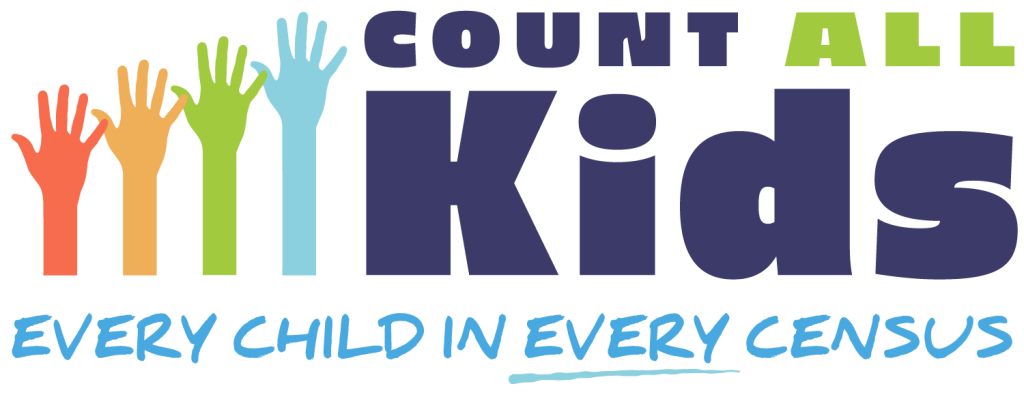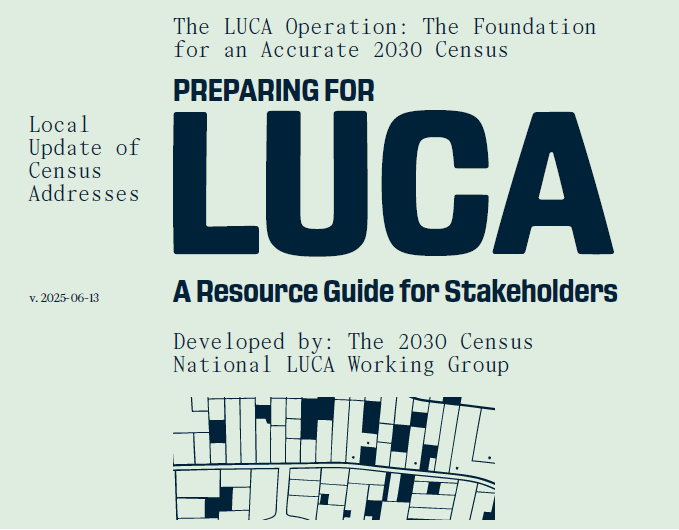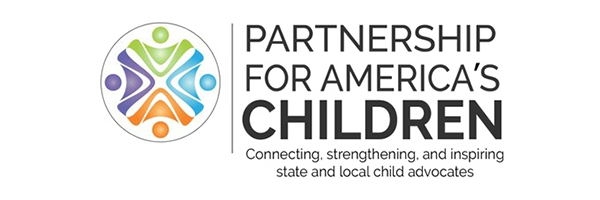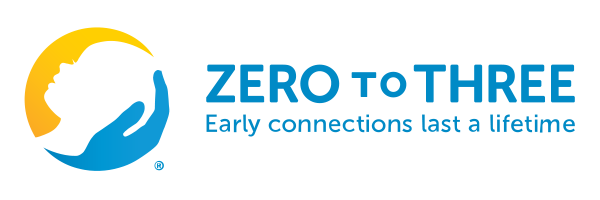We are delighted to share that the 2030 Census National LUCA Working Group just released Preparing for LUCA: a Resource Guide for Stakeholders.
The Local Update of Census Addresses (LUCA) is a key opportunity to make sure that the 2030 Census is as complete as possible. It gives states and localities the voluntary opportunity to make sure the Census Master Address File has every local address in it, so that everyone at those homes (and at group quarters settings) can get a census form and respond. We believe that since non-traditional housing, such as basements, garages, and attics, is often used by low-income households, getting this housing on the Master Address File may be an important component of improving the count of young children. We know that young children are more likely to be missed in counties with a high number of children living in poverty.
The Resource Guide provides a clear description of the process, with a time line, and spells out how community-based organizations and funders can work with states and localities to ensure that their state and locality participate effectively. Possibly most importantly, it gives some great success stories of how communities that participated in LUCA were able to significantly increase the number of addresses on the Master Address File by locating hidden, nontraditional, or low visibility housing, tribal housing, rural housing, small communities, communities affected by disasters, and new housing. These success stories can help you make the case that your state and community need to participate in the LUCA process, secure funding, and get your state and local governments to start preparing now.
On the June 13th webinar about LUCA, the speakers also pointed out that the LUCA process also helps states and communities improve their 911 response list, parcel data base for tax assessment, epidemiological data bases, and many other essential state and local geographic data bases. So, participating in LUCA brings additional benefits.
States and localities will be invited to participate in early 2027. Now is when advocates need to be educating their policy makers about the importance of participating, securing funding, and getting the state and localities to identify the officials who will run the process. States can also start to organize their address lists and use Census Bureau tools to identify the areas where they most need to undertake LUCA, so they are prepared to compare their lists to the Bureau’s.









